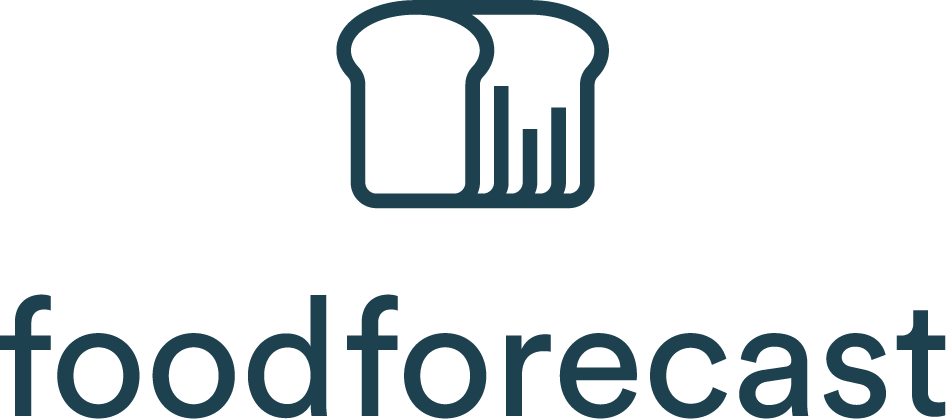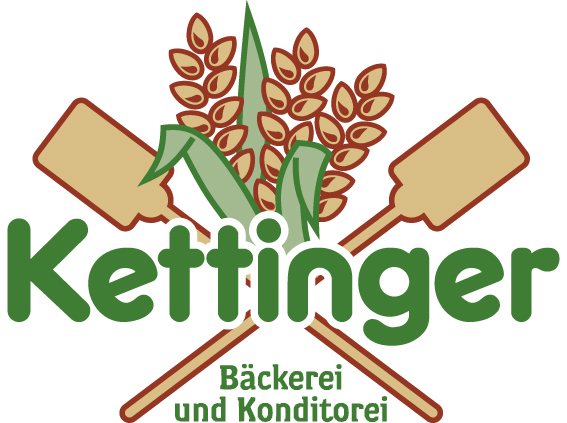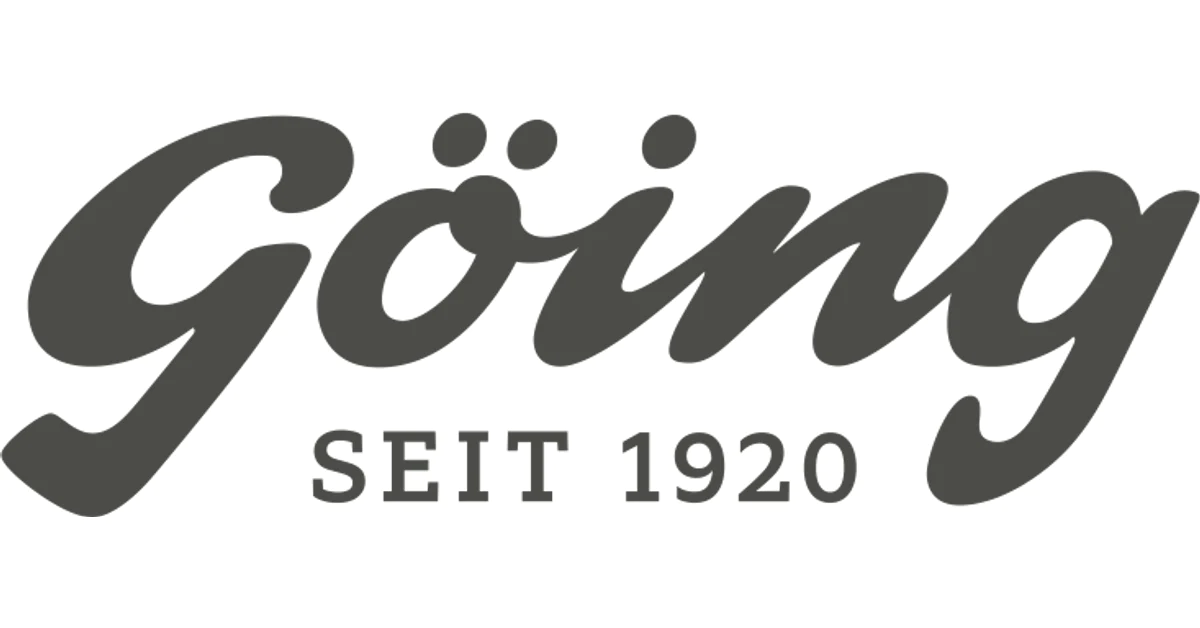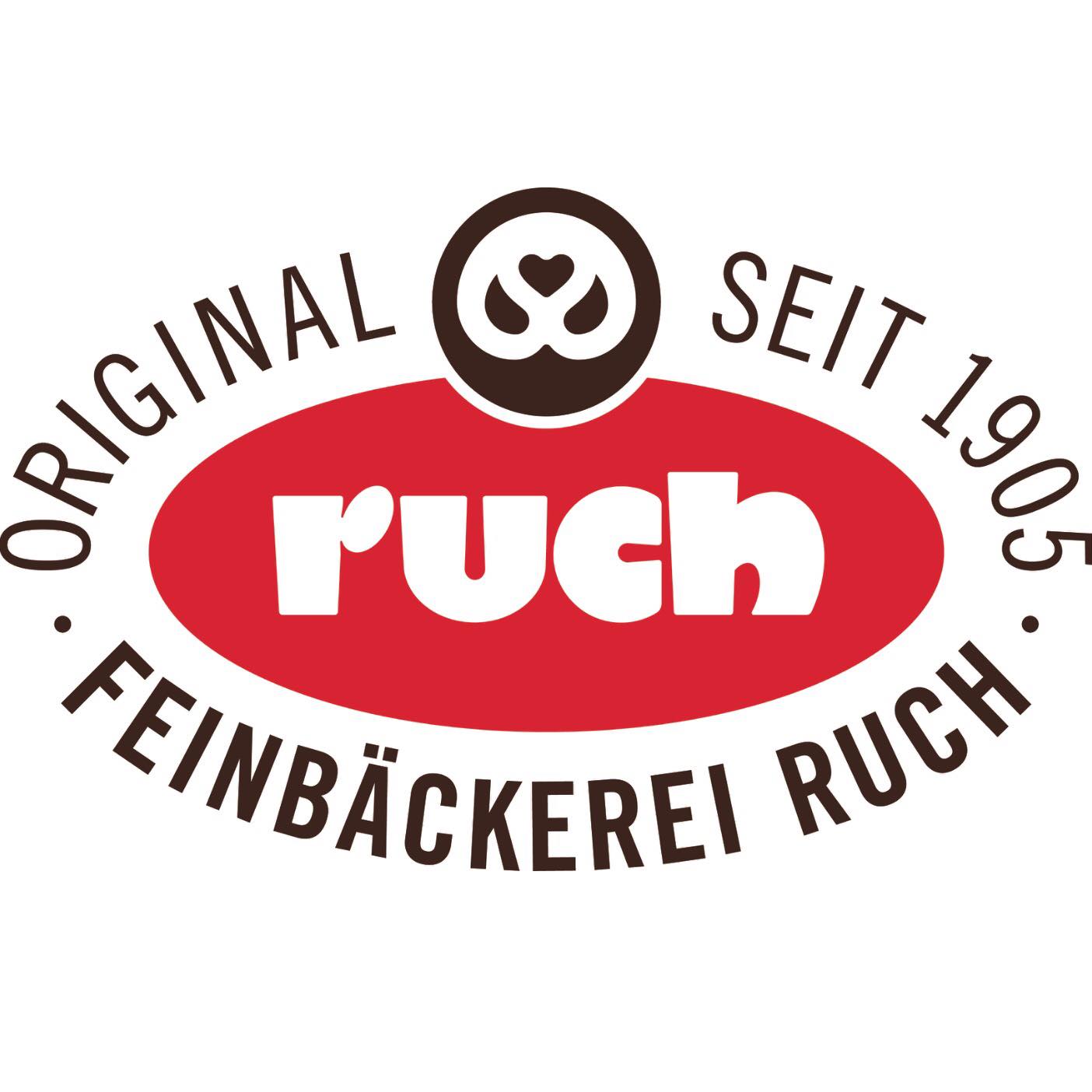What is purchasing optimization?
Purchasing optimization refers to the strategic improvement process for optimizing purchasing processes - from supplier evaluation to the delivery of goods. The aim is to increase efficiency and effectiveness in purchasing and to optimize the entire purchasing process, in particular through:
- Cost reduction
- Optimization of supplier performance
- Increasing the added value for the organization
By analyzing purchasing patterns and supplier performance, potential for process improvement, cost reduction and improvements in the supplier relationship can be identified.
Purchasing optimization through artificial intelligence (AI)
The use of artificial intelligence can significantly accelerate and refine procurement optimization. AI systems automatically analyse large volumes of data and provide a sound basis for decision-making to optimize the entire procurement process.
Machine learning algorithms play a particularly important role here. They process information from different sources, recognize patterns and make forecasts to determine requirements and evaluate supplier performance. The result: automated processes, faster decisions and optimization in purchasing at all levels.
Importance of purchasing optimization in the food industry
Purchasing optimization is particularly relevant in the food industry. It leads to:
- Cost savings in purchasing
- Higher availability of goods
- Less food waste, especially through AI-supported planning in retail
This not only increases efficiency, but also the profitability of the company.
Why companies should optimize their purchasing processes
Targeted optimization in purchasing offers numerous advantages:
- Lower purchasing costs through volume discounts, better negotiations and selection of low-cost suppliers
- Higher quality standards by only purchasing materials and services of proven quality
- Fewer risks in the supply chain thanks to diversified and reliable supply partners
- Greater efficiency through digitalization and automation with AI
Strategies to optimize the purchasing process
The following measures help companies to sustainably optimize their purchasing process:
1. needs assessment and planning
Precise planning helps to avoid overstocking and bottlenecks. AI systems help to combine past data with external factors to better predict future demand.
2. supplier selection and management
Reliable suppliers and long-term partnerships ensure price stability and quality. Regular evaluations and price negotiations are essential here.
3. process automation
AI-supported systems automate the ordering process, reduce administrative effort and minimize errors. This creates transparency and control.
4. cost control and analysis
Through regular controlling and benchmarking, potential savings can be identified and purchasing processes optimized.
5 Sustainability and compliance
Environmental and social standards should also play a role in purchasing. Sustainable supplier selection and compliance not only promote the company's image, but also reduce risks.
Consulting and digital solutions for procurement optimization
Management consultancies and SaaS providers offer professional support to optimize the purchasing process. The most important services include:
- Analysis of current processes to identify weaknesses
- Benchmarking with best practices from the industry
- Supplier management including AI-supported selection and evaluation
- Negotiation strategies for training purchasing managers
- Digitization with e-procurement solutions, e.g. with foodforecast for automation and optimization
- Integrating sustainability into the purchasing strategy
Advantages when companies optimize their purchasing
Companies benefit from working with consultancies or digital solutions in several ways:
- Significant cost reduction through more efficient processes
- Competitive advantages through lower production costs
- Risk minimization through stable, diversified supply chains
- More sustainability, which strengthens the brand and meets regulatory requirements
- Scalability and flexibility to be able to react quickly to market dynamics
Request a callback
We will be happy to call you back promptly to talk to you personally









